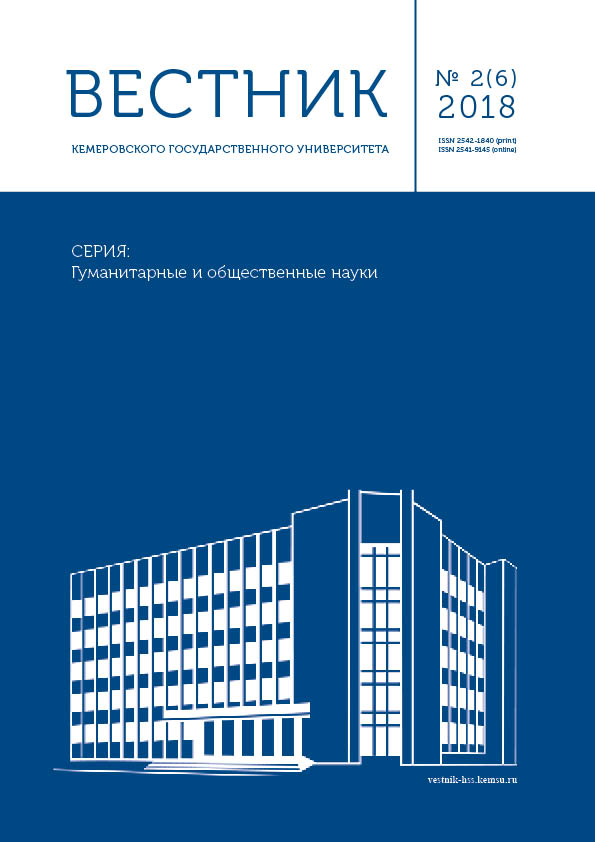The research features the social policy towards employees of the Soviet worker and peasant militia in 1920–1930s. The aim of the work was to study the main directions and measures of social support of this category. The paper uses general scientific and specific scientific methods to determine the formation of the organization, the factors of its occurrence, as well as to characterize its elements. The author concludes that an active formation of social policy towards militiamen took place after October, 1917. It included such areas as insurance, medical care, leisure time, travel privilege and housing. In comparison with the previous periods there was a guarantee of payment of the sick-list period and separate hospital wards. The housing problem was resolved through the establishment of dormitories, the reduction of rent and the provision of apartments to family policemen. New trends included food support. All these bonuses were provided at the budget expense and with the assistance of the community. Initially, however, there was no unified legal act on the benefits and advantages of the militia personnel. While developing the modern social guarantees for employees of public security, the legislators based them on the experience of the past, taking into accountboth positive and negative aspects. By studying the needs of law enforcement officers and their families, special services or public councils can develop and implement methods of social rehabilitation, which enhances the prestige of public service.
militia, Soviet worker and peasant militia, social policy, social security


















